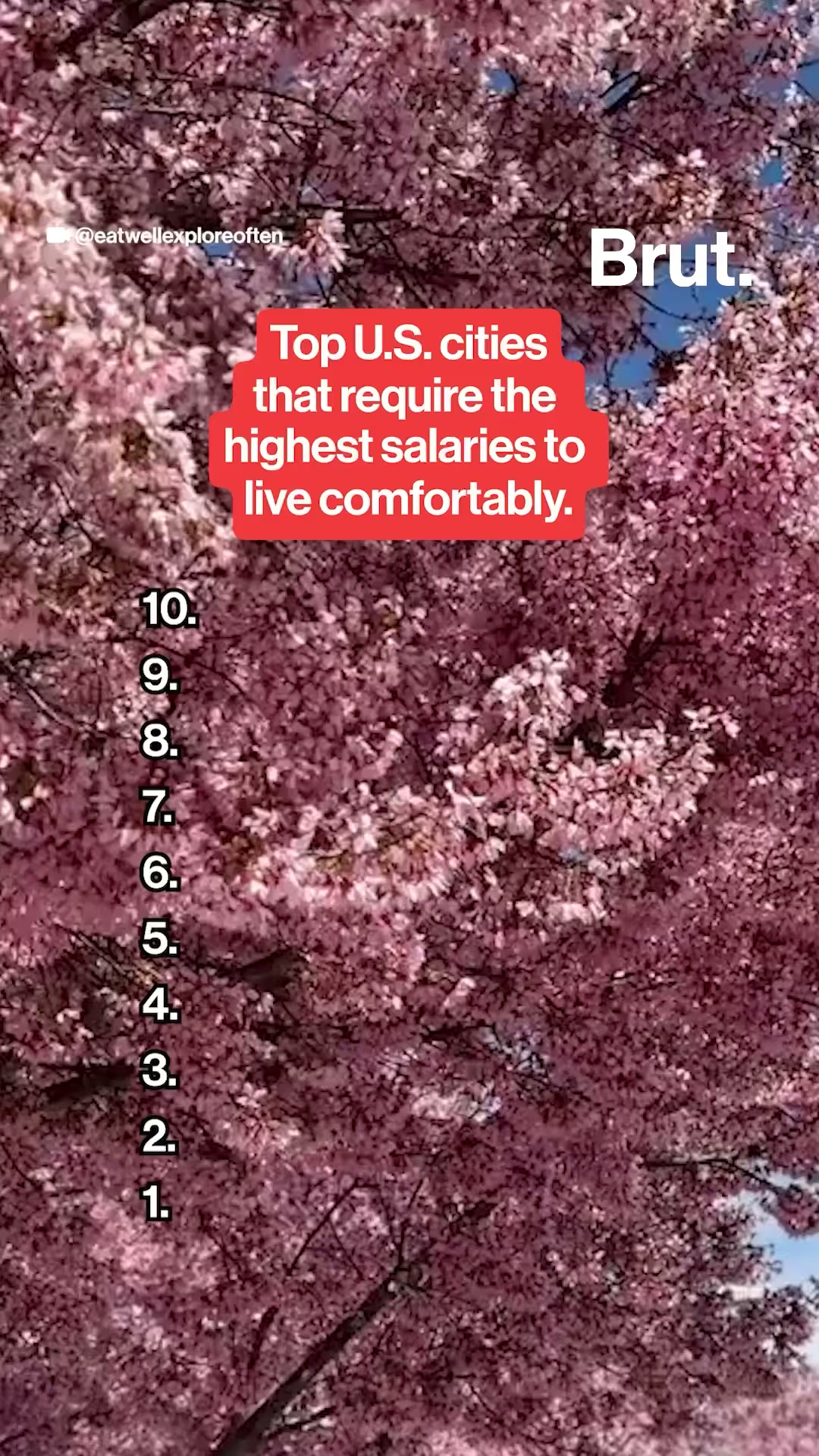Coronavirus: Helping the homeless
Homelessness in the face of a pandemic
When staying at home isn’t an option
We’ve all been told, in no uncertain terms, to stay inside our homes in an effort to stem the viral tide, and hopefully, you’re reading this from the comfort of your own home. Meanwhile Josiah Haken, of NYC Relief, and countless others across the country are working through the coronavirus pandemic to help their city’s most vulnerable residents during a citywide shutdown. In Josiah’s case, based in East Harlem, an already deepening homeless crisis in New York City has become far more complicated.
Distributing meals to crowds when distancing matters
As part of the nonprofit NYC Relief, Haken offers hot meals, socks, hygiene kits, and case management to people experiencing homelessness; with emergency meals remaining a top priority. He’s making sure the people he serves have access to food during the pandemic, but health and safety precautions have changed the shape of food donation. Volunteers are always wearing sought after masks and protective gloves that they change diligently every fifteen minutes. “We've set up hand-washing stations for our guests to use because we understand that a lot of public restrooms are no longer available, say, in restaurants and coffee shops where our guests would normally go to wash up” adds Haken. The normally long lines for hot meals are made longer by adherence to social distancing guidelines. Haken and others at NYC Relief have been measuring and marking lines six feet apart with chalk on sidewalks in an effort to keep a tough situation from getting worse. Demand for the meals has nearly quadrupled in a week, at a point where the organization has had to cancel a major fundraising event.
A population in need of hope and a man driven by faith
One can imagine that trying to follow recommendations of social distancing while living as one of 58,000 homeless people in tightly packed New York City shelters is nearly impossible. A majority of these individuals are also among those at highest risk to contract COVID-19 due to advanced age, pre-existing conditions, and a lack of access to common preventative medicines. An estimated 3500 others struggling with homelessness do so outside of shelters, battling the elements, and during these times it may actually seem like the safest option; That is until you factor in the sudden closure of normally available public facilities promoting hygiene. When taking a group that is already cast aside and treated as pariahs and placing them in the thick of a crisis that only further frames them as the foremost carriers of a deadly contagion, many will inevitably feel a lack of humanity and connection to them when it is most necessary. This is a reality that Josiah understands deeper than most and is driven by his religious affiliation and faith, even staring down life-threatening illness. “I think that our purpose and meaning is found in loving our neighbors as ourselves. I don't think that we get to pick and choose when that law applies.”, Haken concludes.
Brut.
Coronavirus: Helping the homeless
Homelessness in the face of a pandemic
When staying at home isn’t an option
We’ve all been told, in no uncertain terms, to stay inside our homes in an effort to stem the viral tide, and hopefully, you’re reading this from the comfort of your own home. Meanwhile Josiah Haken, of NYC Relief, and countless others across the country are working through the coronavirus pandemic to help their city’s most vulnerable residents during a citywide shutdown. In Josiah’s case, based in East Harlem, an already deepening homeless crisis in New York City has become far more complicated.
Distributing meals to crowds when distancing matters
As part of the nonprofit NYC Relief, Haken offers hot meals, socks, hygiene kits, and case management to people experiencing homelessness; with emergency meals remaining a top priority. He’s making sure the people he serves have access to food during the pandemic, but health and safety precautions have changed the shape of food donation. Volunteers are always wearing sought after masks and protective gloves that they change diligently every fifteen minutes. “We've set up hand-washing stations for our guests to use because we understand that a lot of public restrooms are no longer available, say, in restaurants and coffee shops where our guests would normally go to wash up” adds Haken. The normally long lines for hot meals are made longer by adherence to social distancing guidelines. Haken and others at NYC Relief have been measuring and marking lines six feet apart with chalk on sidewalks in an effort to keep a tough situation from getting worse. Demand for the meals has nearly quadrupled in a week, at a point where the organization has had to cancel a major fundraising event.
A population in need of hope and a man driven by faith
One can imagine that trying to follow recommendations of social distancing while living as one of 58,000 homeless people in tightly packed New York City shelters is nearly impossible. A majority of these individuals are also among those at highest risk to contract COVID-19 due to advanced age, pre-existing conditions, and a lack of access to common preventative medicines. An estimated 3500 others struggling with homelessness do so outside of shelters, battling the elements, and during these times it may actually seem like the safest option; That is until you factor in the sudden closure of normally available public facilities promoting hygiene. When taking a group that is already cast aside and treated as pariahs and placing them in the thick of a crisis that only further frames them as the foremost carriers of a deadly contagion, many will inevitably feel a lack of humanity and connection to them when it is most necessary. This is a reality that Josiah understands deeper than most and is driven by his religious affiliation and faith, even staring down life-threatening illness. “I think that our purpose and meaning is found in loving our neighbors as ourselves. I don't think that we get to pick and choose when that law applies.”, Haken concludes.
Brut.













